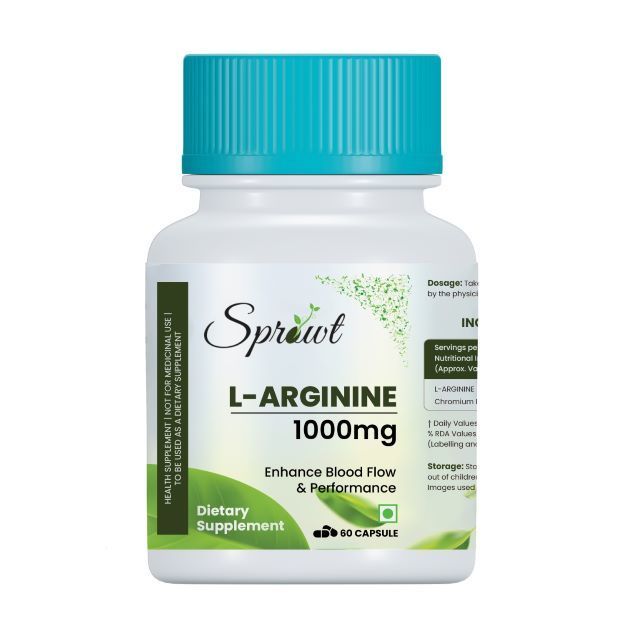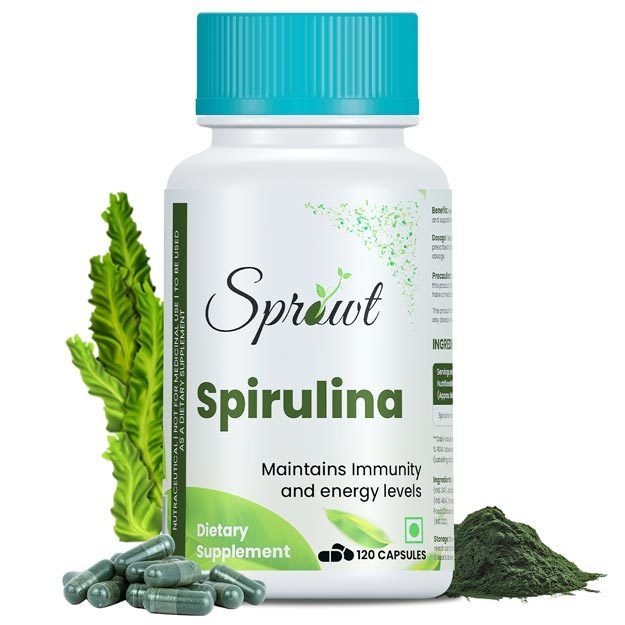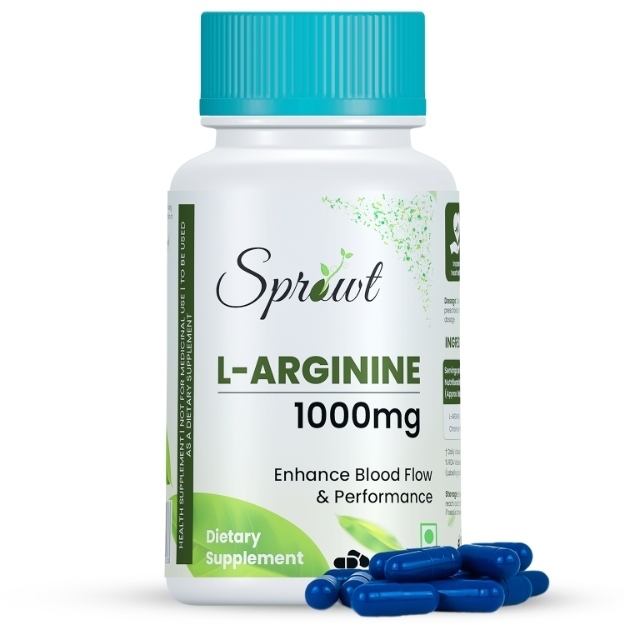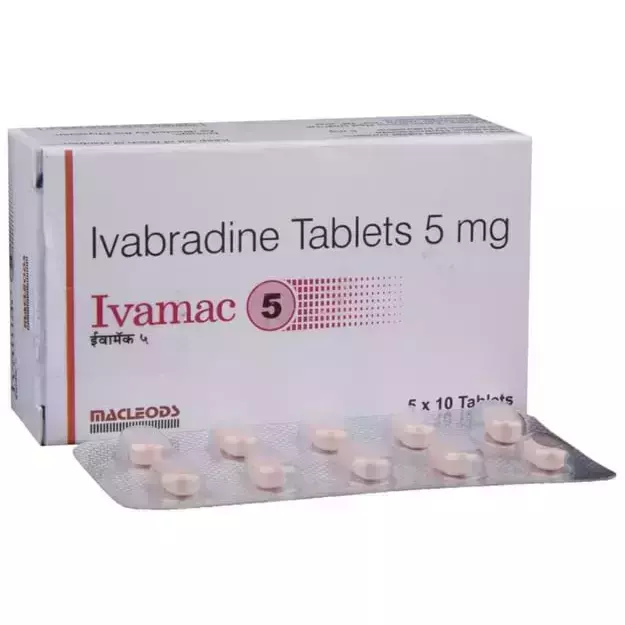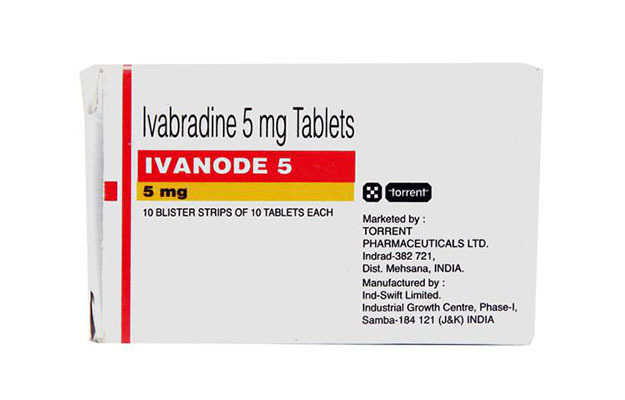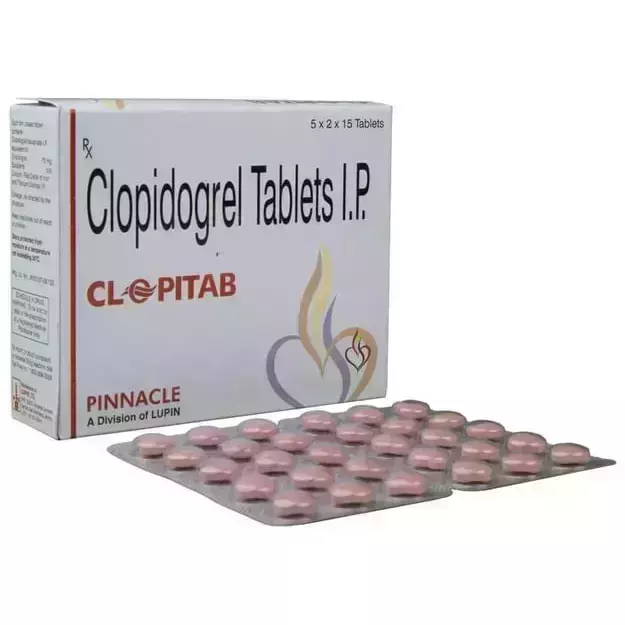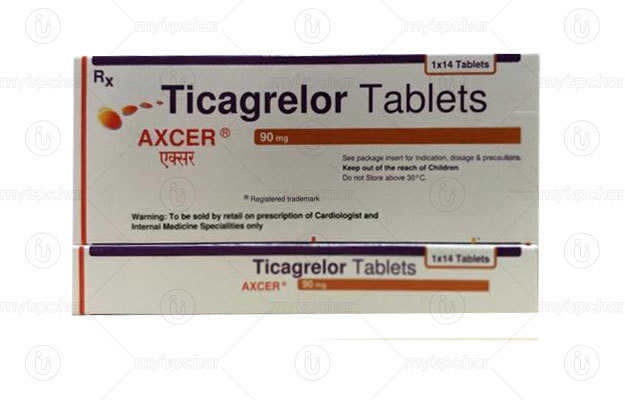Ivazine is a prescription medicine that is available as a Tablet. Primarily, it is used for the treatment of Heart Failure. Ivazine also has some secondary and off-label uses. These are listed below.
The correct dosage of Ivazine depends on the patient's age, gender, and medical history. Besides the medical condition it is advised for, the route of administration also plays an important role in determining the correct drug dosage. For detailed information on this, read through the dosage section.
Common side effects of Ivazine include Blurred vision, Dizziness, Irregular heartbeat. Some other side effects of Ivazine have been listed ahead. These side effects of Ivazine are usually temporary and subside with the completion of treatment. Please speak with your doctor if these side effects worsen or persist for a longer duration.
It is also important to note that Ivazine has a Severe effect for pregnant women and Unknown effect on lactating mothers. Warnings related to Ivazine's effects on the liver, heart and kidney, if any, have been listed below.
Ivazine can cause adverse effects in certain medical conditions. It is strongly recommended to avoid Ivazine in conditions like Heart Failure, Bradycardia (Slow Heart Rate), Arrhythmia. Some other conditions that can be affected by Ivazine are listed in the contraindications section below.
Additionally, Ivazine may also adversely react with other medicines. Refer to the list below for further details.
You should also be aware that Ivazine is not safe while driving, and is not addiction.
X








